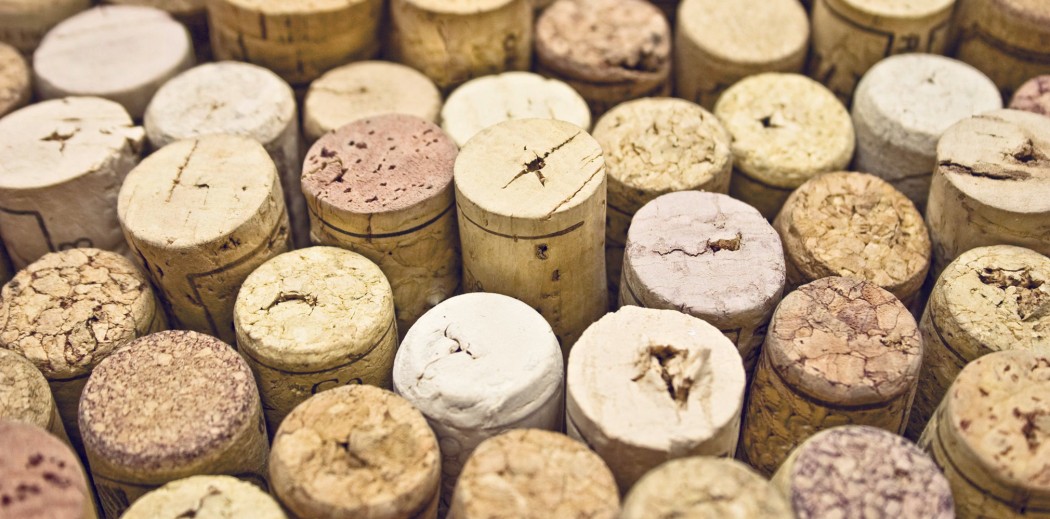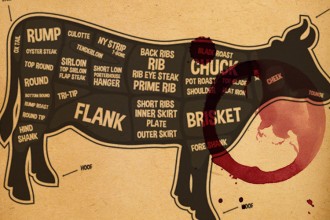Ever opened a bottle of wine and been attacked by the scent of wet newspaper and instant flashbacks to your grandparents’ old basement? It smells like you probably landed yourself a bottle of corked wine.
Wine can go bad for many reasons, but corked is a specific “condition” that means wine has been tainted with cork through the presence of the chemical compound TCA. Yikes.
While acronyms and more chemicals in your wine sounds scary, drinking corked wine is not harmful at all. It just won’t taste pleasant – unless you enjoy the taste of wet dog.
TCA is the natural product of fungi coming in contact with chlorophenol compounds. Basically, pesticides or wood preservatives meet some cork trees and you have TCA, which may or may not make its way into your bottled wine. About 2 to 3% of bottled wines will be corked, though TCA can contaminate an entire winery.
TCA doesn’t come directly from the cork trees though (Fact: Portugal provides about 50% of the world’s cork supply). Experts say TCA can be created by almost any combination of chlorophenols, airborne fungi or cellulose. Basically, any combination of chlorine, such as cleaning solutions, and wood, such as barrels or pallets, are susceptible in wineries.
The best way to tell if your wine is corked, says sommelier Birk O’Halloran, is the musty smell it gives off (again, think: wet dog). Ultimately, the chemical is just masking the smell of your wine – so if the normal fruity aroma is missing when you pop open a bottle, you probably have yourself a corked bottle. If the flavor doesn’t bother you, feel free to drink on! But in the more likely event that it does, set the bottle aside and move on to the next.








